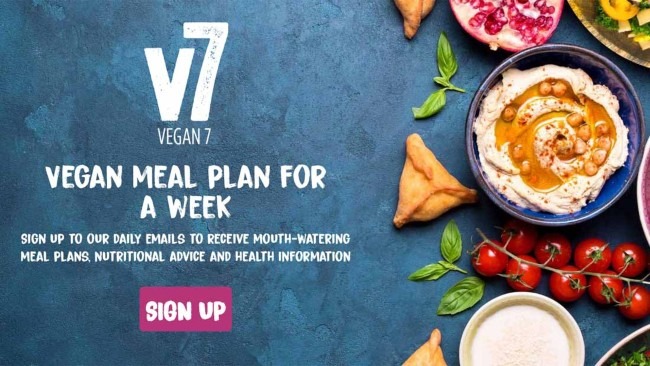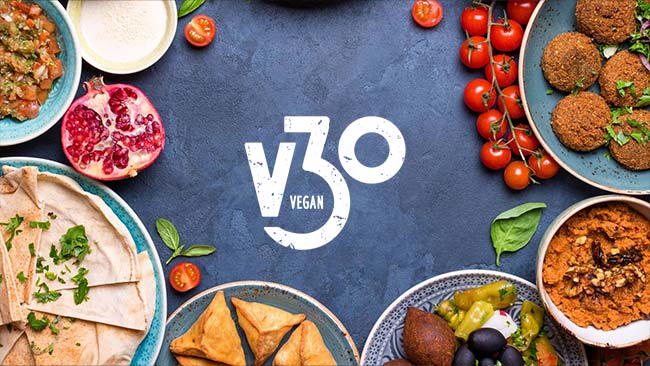Cancer

Cancer is a major killer in the developed world but it’s not inevitable – even if it runs in your family. Diet and lifestyle play major roles in cancer prevention as well as stress management and maintaining a healthy body weight. Going dairy-free can greatly reduce your cancer risk!
The relationship between dairy and cancer risk is not always clear with some studies showing conflicting results. That said, a number of large studies suggest cow’s milk and dairy products may increase the risk of some cancers.
A study by Harvard University scientists, for example, examined dairy intake and the risk of dying from cancer among more than 200,000 people (Ding et al., 2019). They found that every half-serving of whole milk increased the risk by 11 per cent. This relationship was strongest between whole milk and ovarian and prostate cancer – the authors suggested that it may be due to milk increasing the levels of a growth hormone (IGF-1) that can encourage cancer growth. They also looked at swapping other foods for dairy and discovered that eating nuts, pulses or wholegrains instead lowers the risk, while red and processed meat increases it.
Another study analysed data from several previous studies and found that cheese and butter consumption increased the risk of dying from cancer in both men and women, while whole milk greatly raised the risk of deadly prostate cancer in men (Lu et al., 2016). Whole milk also strongly increased the risk of prostate cancer returning after treatment in yet another study (Tat et al., 2018).
Many other studies found a link between dairy and prostate cancer, so a team of scientists decided to investigate the relationship. They looked at 172 studies and came to the conclusion that milk drinking increases the levels of IGF-1 (growth factor) in your body and these higher levels of IFG-1 then act on prostate cells and increase the risk of cancerous growth (Harrison et al., 2017).
Milk consumption was also associated with an increased risk of breast cancer in a study of over 50,000 women – by up to 50 per cent (Fraser et al., 2020). The scientists studied women who drank cow’s and soya milk and based on their data, they estimated that drinking soya milk instead of dairy milk could slash the risk of breast cancer by 32 per cent. A study from Sweden also found a link between milk consumption and breast cancer which was particularly strong for overweight women (Kaluza et al., 2021).
Another hormone-sensitive cancer is that of the uterus – called endometrial cancer. A study following women for 26 years found that an intake of three servings of dairy foods a day increased the risk by up to 40 per cent for postmenopausal women (Ganmaa et al., 2012). And it’s similar with ovarian cancer – a recent study from China revealed that women consuming more than 90 grams of dairy products daily were twice as likely to die from ovarian cancer than women eating hardly any (Jiang et al., 2021). The link between dairy and ovarian cancer also emerged from a large study which showed that whole milk and dairy products in general increase the risk, the only exception being low-fat milk (Liao et al., 2020).
Interestingly, while dairy products increase the risk of other cancers, they (or something in them, eg calcium) appear to reduce the risk of bowel cancer (Berrubés et al., 2019). However, a plant-based diet reduces the risk of all cancers, including bowel cancer, so you’re still better off not consuming dairy at all!
Going dairy-free is not just a healthy choice, it’s also an ethical and sustainable one. If you’re used to meals based around meat and dairy, the idea of a plant-based diet may be daunting but we’re here to help make it super easy!
Sign up to our daily emails for a week to receive mouth-watering meal plans, nutritional advice and health information.
If you want to try it for a month, sign up to 30 days of delicious vegan recipes, tips and product info… all free!
All about dairy
Find all the above and more in Viva!’s ground-breaking resources:
An eye-opening guide Why You Don’t Need Dairy– presenting information on health, animals and the environment in an easy-to-read format.
A practical guide on how to cut dairy out of your diet and all you need to know to live a healthy and delicious dairy-free life: Everyone’s Going Dairy-Free
If you want to know more about dairy and your health and explore what scientific studies have to say, see the in-depth report White Lies






